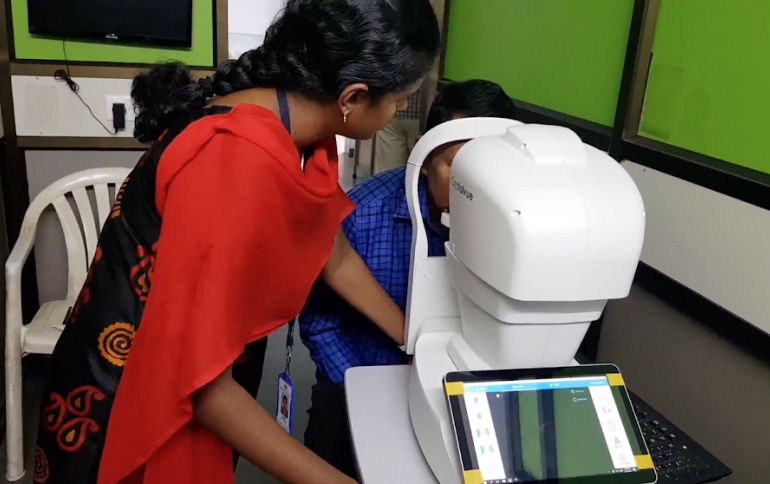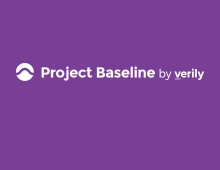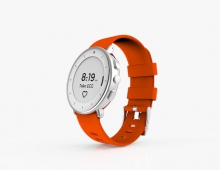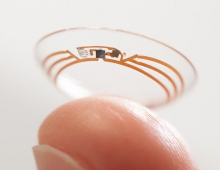
Google's Verily is Launching Screening Tool for Diabetic Eye Disease
Alphabet’s Verily Health Unit is launching a clinical research program in India using an algorithm developed to make it easier to screen for diabetic retinopathy (DR) and diabetic macular edema (DME), two of the leading causes of preventable blindness in adults.
This will mark the first real world clinical use of the algorithm at the Aravind Eye Hospital in Madurai, India.
Together, Verily and Google are applying machine learning to screening for diabetic retinopathy (DR) and diabetic macular edema (DME), two of the main causes of preventable blindness in adults. Since beginning this project more than three years ago, Verily has developed a machine learning algorithm to power automated screening with the goal of detecting disease earlier and expanding access to screening. Verily and Google have been conducting a global clinical research program with a focus on India, where studies involving Aravind Eye Hospital and Sankara Nethralaya demonstrated that the algorithm performed on par with general ophthalmologists and retinal specialists assessing the images for disease. The promising research results have led to the first real world clinical use of the algorithm through Verily and Google’s retinal diagnostic program at Aravind Eye Hospital in Madurai, India this year.
In addition to extensive research, Berily is assessing the algorithm’s readiness for use by verifying its safety and effectiveness. The technology was tested and comprehensive regulatory and quality reviews have been completed. Verily has received CE mark for the algorithm, signifying that the company has met the European Union Directive’s standards for medical devices.
At Aravind Eye Hospital, physicians are now using the algorithm in a clinical setting. Trained technicians take one image per eye and the algorithm assesses the image for DR and DME. The results offer quick feedback so the technicians can immediately determine whether patients need to be referred to an eye care physician, and reduce the number of individuals who go without screening or clear follow up.
"We believe that our machine learning algorithm could be helpful in many other areas of the world where there are not enough eye doctors to screen a growing population of people with diabetes," said Sunny Virmani, Product Manager, Verily.
The company recently launched a study with Rajavithi Hospital, which is operated by the Ministry of Public Health in Thailand, studying the impact of the algorithm in a national DR screening program. Verily is also collaborating with Nikon and its subsidiary Optos to explore additional geographies and settings where machine learning tools for screening for diabetic eye disease could have an impact.


















